

 Consumer hotline +8618073152920
Consumer hotline +8618073152920 WhatsApp:+8615367865107
Address:Room 102, District D, Houhu Industrial Park, Yuelu District, Changsha City, Hunan Province, China
All products
soil heat flux sensor, also known as a heat flux plate, soil heat flux plate, and heat flux meter, is an instrument used to measure heat flux and can be used for internal soil measurements. It can be used to measure the heat flux inside the soil. It is outputted in the form of voltage through a thermopile, and the voltage is proportional to the heat flux, Soil heat flux sensor can be widely used in environment, agriculture, forestry, planting, construction, and other fields.
Product Details
Soil heat flux sensor (also known as "soil heat flux plate", "heat flow meter") is mainly used to measure the energy balance of the soil and the thermal conductivity of the soil layer.
The soil heat flux sensor measures temperature gradients using a thermopile consisting of two different metallic materials. Thermopile detectors receive thermal radiation, which can generate a thermoelectric potential between junctions of two dissimilar materials.
The heat flux sensor outputs in the form of voltage, the voltage is proportional to the heat flux, the output voltage is a millivolt signal, and the millivolt signal is read by the data acquisition system.
This product has high measurement accuracy, convenient use and maintenance-free, and can be widely used in various environmental monitoring.
technical parameter:
Measuring range: -500~500W/m2
Accuracy: ±5%
Power supply:
□ DC 5V
□ DC12-24V
Output form:
□ Voltage: -100mV~100mV
□ Voltage: 0~2.5V
□ RS485
Instrument cable length:
□ Standard: 10 meters
□Other
Working temperature: -40℃~50℃
Working humidity: 0~100%RH
Transmitter size:
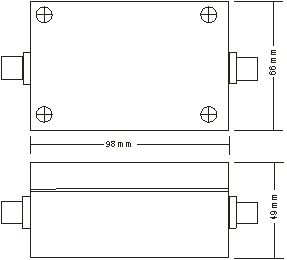
Instructions for use:
The installation of the soil heat flux sensor should select a representative place within the research range. If the surface layer is more complex, the sensor should be placed in an effective part with a lower coverage and a more balanced soil heat flux.
During use, be sure to pay attention to the front and back of the heat flux sensor, the correct placement is the front side up.
First, use a small shovel to dig a vertical hole, determine the distance from the heat flux sensor to the top of the ground according to the user's requirements, then use a small knife to make a horizontal cut in the side of the hole, try to keep the soil surface intact, or the minimum Without being damaged, insert the heat flux sensor into the horizontal cutout. In order to obtain accurate soil heat flux, it is necessary to ensure that the heat flux plate is in full contact with the soil.
Remember, do not lead the output wire of the heat flux plate directly to the soil surface. A small section of the output wire of the heat flux plate should be buried in the soil to reduce the heat conduction of the output wire.
After all sensors are installed, be sure to return the excavated soil to its original position as soon as possible.
During the year, the soil heat flux changes with the change of seasons. In summer, the soil heat flux is positive, that is, there is heat entering the soil layer, and the amount is large; in winter, the soil heat flux is negative, and the soil heat flux is negative. The heat is released to the atmosphere, but in small amounts.
The value of soil heat flux obtained by using a heat flux plate buried in the soil is measured. During the year, it changes with the seasons. In summer, the soil heat flux is positive, both heat enters the soil layer and the amount is larger; in winter, the soil heat flux is negative, the heat in the soil is released to the atmosphere, but the amount is smaller.
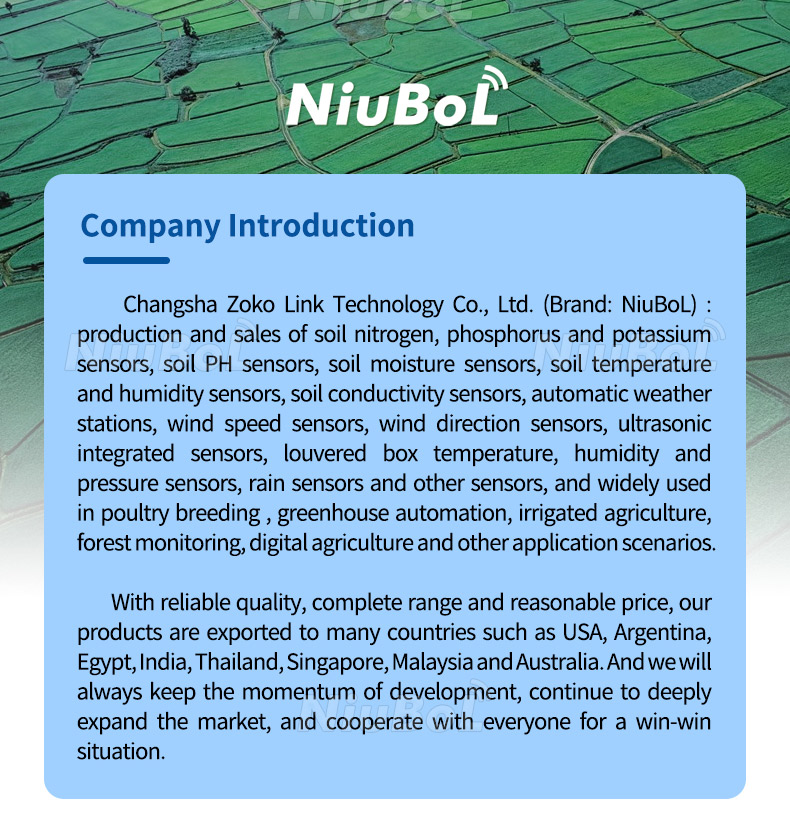
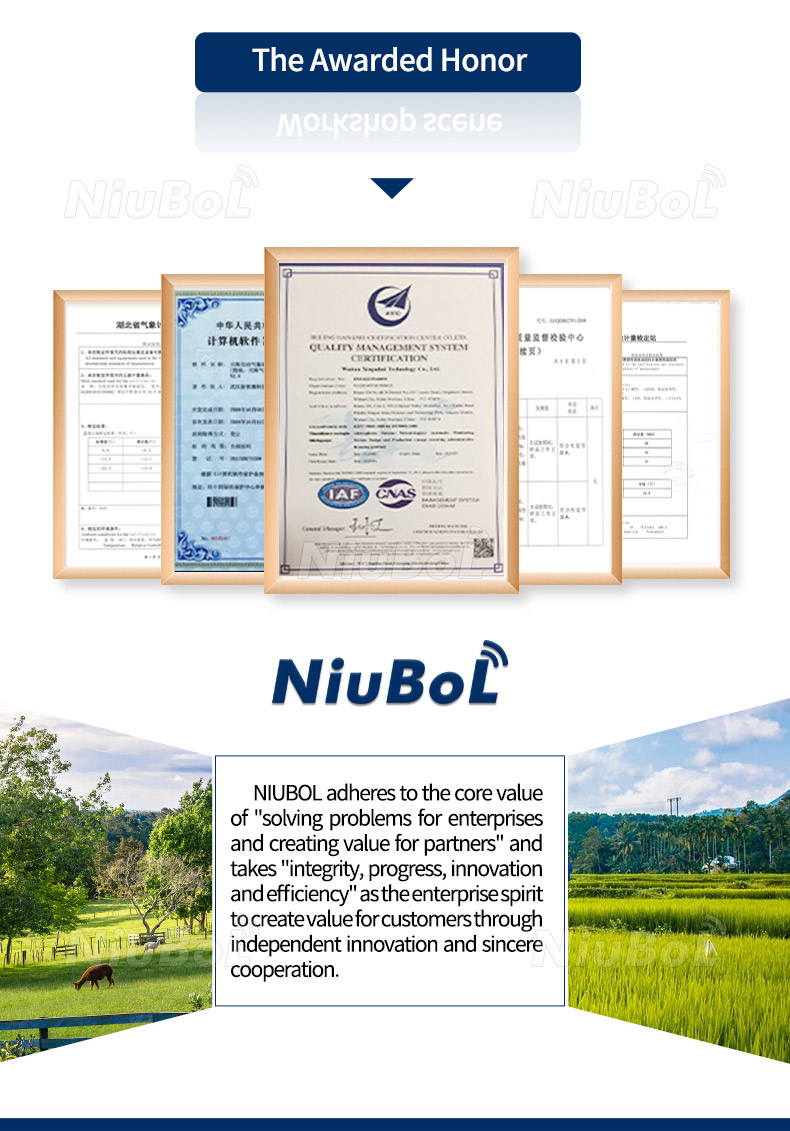
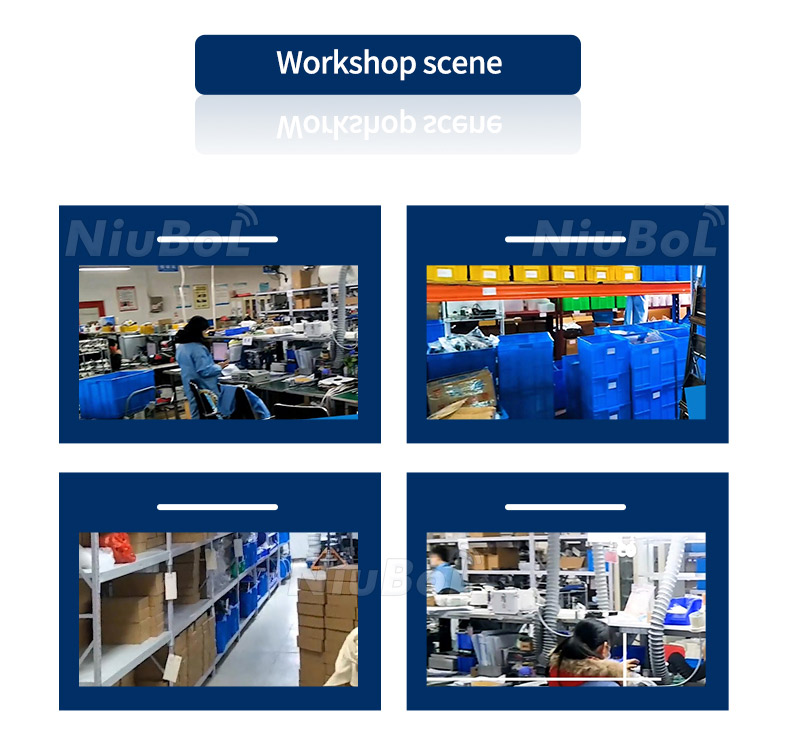


Sensors & Weather Stations Catalog
Agriculture Sensors and Weather Stations Catalog-NiuBoL.pdf
Weather Stations Catalog-NiuBoL.pdf
Related recommendations
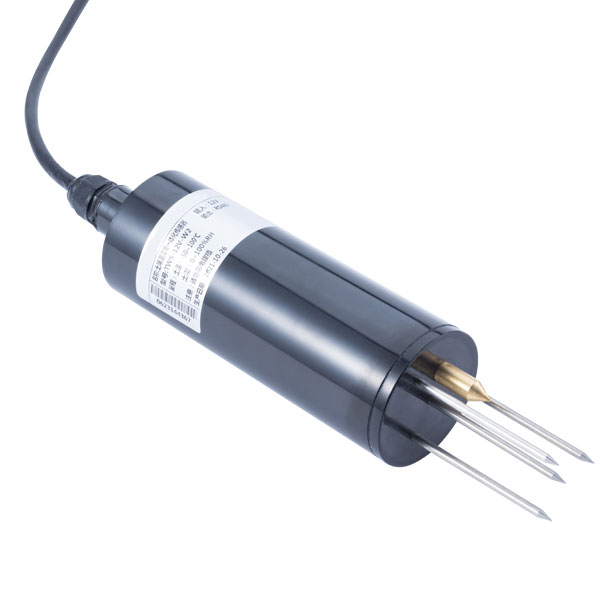 Soil Temperature Moisture Sensor 4-···
Soil Temperature Moisture Sensor 4-···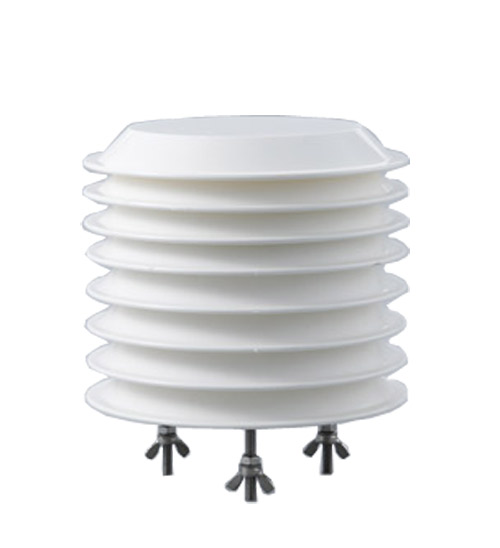 Air temperature, humidity and atmos···
Air temperature, humidity and atmos··· High precision soil pH sensor pH de···
High precision soil pH sensor pH de···
Screenshot, WhatsApp to identify the QR code
WhatsApp number:+8615367865107
(Click on WhatsApp to copy and add friends)